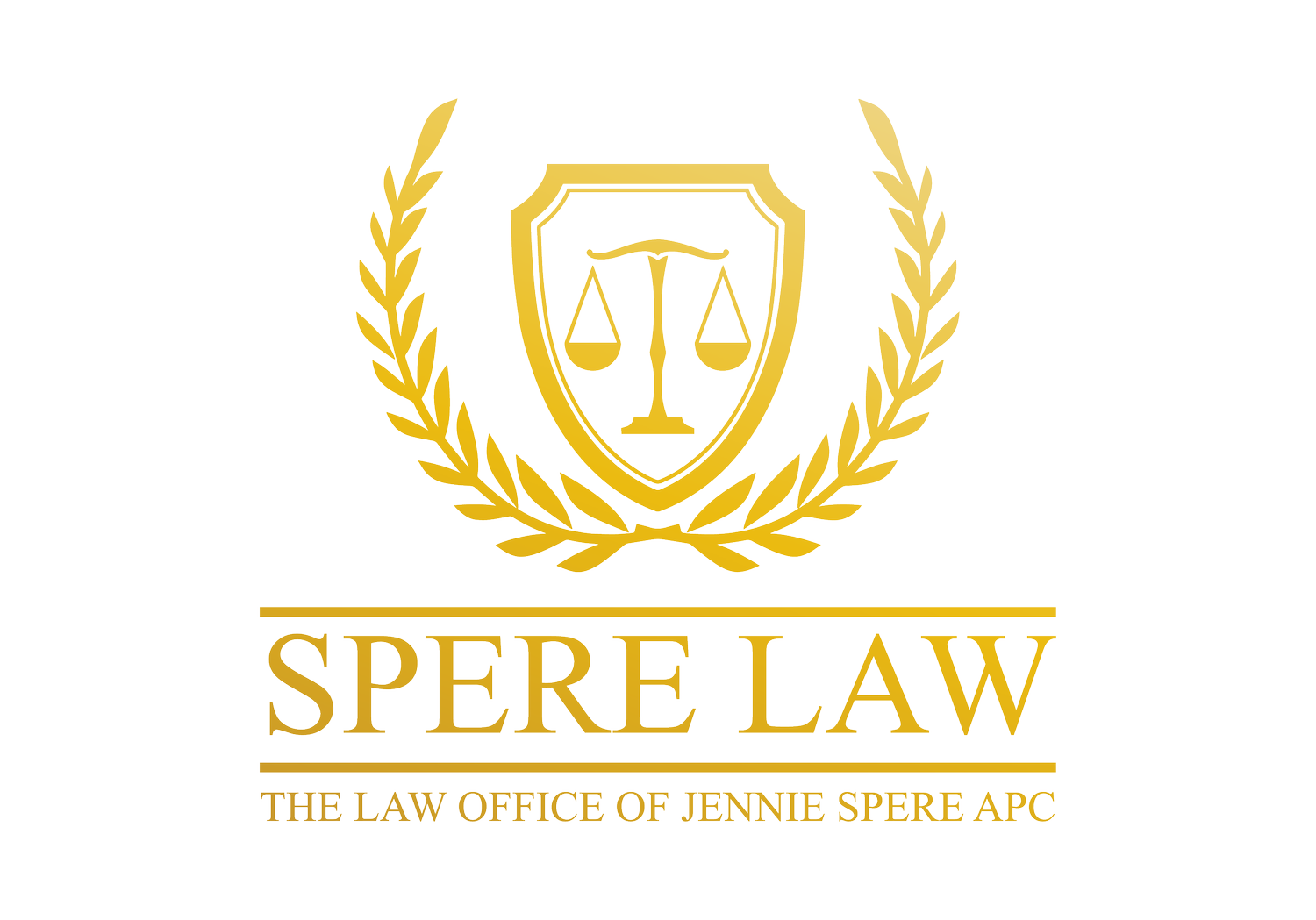
Chapter 13 Bankruptcy
What is Chapter 13 Bankruptcy?
Chapter 13 is an interest-free repayment plan that allows you to combine your debts and repay all or part of them while protecting you from creditor harassment. It is an excellent alternative for debtors whose financial problems cannot be helped by a Chapter 7. It often provides much greater protection to debtors who own significant assets, or have income that would disqualify them for a Chapter 7. For example, if you own a home and foreclosure is on the horizon, a Chapter 13 Bankruptcy filing will stop them in their tracks and you can then pay off the back balance gradually. Chapter 13 is also a great option when you do not qualify for a Chapter 7, but you still find yourself unable to pay all your bills at the end of the month.
Do I Qualify For Chapter 13 Bankruptcy?
In order to qualify for a Chapter 13 Bankruptcy, you will need to meet two general income requirements. First, you must have a regular source of income. Second, you must have sufficient disposable income. Put another way, you must have at least some income left over to distribute to creditors after you subtract your living expenses from your net monthly income.
What Will Chapter 13 Bankruptcy Do For Me?
Many of the benefits derived from a Chapter 13 Bankruptcy cannot be obtained through the filing of a Chapter 7 Bankruptcy. Some of the many benefits that may be attained from a Chapter 13 are as follows:
You can stop a finance company from repossessing your car and make the back payments over a period of time.
You can stop foreclosure proceedings against your property and pay off the back balance gradually.
In very specific instances, you may be able to strip the second mortgage from your home.
Depending on your circumstances, you may be able to discharge some or all of your unsecured debt.
You may be able to keep property that would have otherwise been given to your creditors in a Chapter 7.
You may be able to stop collection activities against a person who co-signed a loan for you.
You can end further obligations to creditors whose services you have not fully received, such as health clubs, dance studios, correspondence courses, leases, etc.
For debts incurred before you filed your bankruptcy petition, no one can bother you, sue you, garnish your wages, or repossess property without court approval.
You may be able to void certain liens against your household goods and against some other personal items.
You can sometimes pay extra into the plan to get it paid off sooner.
If there is a major change of circumstances, you can propose changes to your plan that would help you complete it.
How Does Chapter 13 Bankruptcy Work?
There are specific and complex procedures involved in filing a Chapter 13 plan. First, Jennie Spere APC will need to prepare a detailed financial summary of what and whom you owe, what your assets are and your monthly living expenses and income. Your attorney must also prepare a comprehensive proposal for repayment plan. Often a plan will call for different percentages of repayment for different classes of creditors. All of the items submitted must be prepared on court-approved forms.
Once you file your petition and plan, Automatic Stay protections of the Bankruptcy Code go into effect, barring any of your creditors from taking any further collections or legal actions against you. The court will set a date for a hearing. This hearing is called the ‘Meeting of Creditors.’ You and your creditors will be notified of the time, date and place of this meeting, and you will be required to attend this hearing with your attorney to answer questions, under oath, about your financial matters.
The trustee appointed in your case will run the meeting. It is the trustee’s job to verify the financial information you give. The trustee will then decide whether they can recommend to the judge that your plan be confirmed. At the meeting, the trustee may question you about your income, expenses, property, past earnings and the schedule of repayment.
The court will also notify you of the date of the confirmation hearing. At the confirmation hearing, the judge will determine whether your plan should be confirmed and allowed to proceed. The creditors may attend this hearing and offer any objections they may have. Your presence at the confirmation hearing is often not required. Once your plan is confirmed, you will simply make one payment a month to the trustee who will make payments to your creditors according to the schedule set out in the plan. You will start living your life again.
How Do I Get Started Today?
Take the first step and contact the Law Office of Jennie Spere APC.
Considering the complexity of Chapter 13 itself, you will to work with the experience of the Law Office of Jennie Spere APC. Experience, Results and Communication From Beginning to End!
At the Law Office of Jennie Spere APC, we realize that many of our clients need help finding all their creditors. To that end, we obtain credit reports for our clients at cost. Finally, while we welcome the opportunity to meet face to face with all our clients, we know that for many of them, free time is a luxury that they have long since learned to live without. Understanding this, we’ve set up a system to accommodate the needs of clients who cannot get to our offices.
More than anything, we look forward to helping you get a fresh start so that you can start living your life again. Take the first step today.






